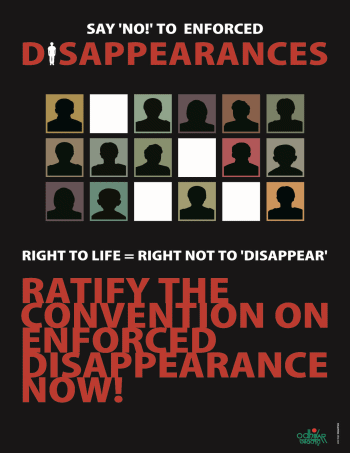Statement
Odhikar is deeply alarmed by rapidly deteriorating sectarian violence in the Rakhine State of western Burma since June 3, 2012. So far the facts and evidence received by Odhikar depicts a grim scenario in which the minority Rohingyas are particularly persecuted and forced to leave their homeland. They are killed, wounded and their villages are burned and when they are fleeting to neighbouring Bangladesh they are pushed back in Burma.
We appeal to the Government as well as the people of Bangladesh to immediately respond to a humanitarian need in such dark hours and allow the Rohingyas to enter into our country. We would like to condemn the policy of some international organisations and quarters who are putting ‘pressure’ on the Government of Bangladesh without explicitly taking any responsibility for Rohingyas, one of the most vulnerable groups of people in the world. It is unfortunate that the international community is unable to force the present regime of Burma to stop the mass killings and brutal treatment of Rohingyas. Odhikar also deplores the explicit hatred in the mass media and the rhetoric of the political discourse in Burma.
We would like to stress the fact that it is the responsibility of the United Nations to take appropriate action to save and protect the persecuted Rohingyas from total extinction. While the mass killings have been going on for several days, it is deplorable that international community has also failed to create an enabling environment to allow independent observers to enter and monitor the affected areas.
On 10 June, the Burmese president Thein Sein declared, for the first time, a state of emergency in the state, authorising the military to assume significant and sweeping administrative functions.
The present violence is inextricably linked to the decade-long discriminatory and racist policies of the Burmese government towards the Rohingya Muslims. The systematic persecution by the authorities includes denial of citizenship under Burma’s 1982 Citizenship Act, which renders Rohingya stateless and utterly without protection. In addition to public vilification by the state media and state officials, Rohingyas have been subjected to restrictions on marriage, domestic travel and observation of religious ceremonies. They are also not allowed to join the army or police. The Rohingyas have also been particularly vulnerable to other serious human rights violations faced by the general population in Burma.
Since the 1960s there have been multiple campaigns led by the Burmese authorities to expel the Rohingya from Burma, resulting in a series of human rights violations leading to the persecution of Rohingyas. There are an estimated 800,000 Rohingya in Myanmar, and about 200,000 live in Bangladesh, of which 30,000 live in squalid refugee camps. Given the fact that Rohingyas were excluded from the last Burmese government census in 1983; are widely discriminated as ‘Kalas’ or blacks or as ‘Bengalis’ (people from Bangladesh) and are subject to racial attacks, we are afraid that the present persecution is aimed to push them into Bangladesh. This will cause serious political instability in this region.
The ongoing violence in the Rakhine State shows that despite the democratic progress of recent months, there are still formidable challenges for human rights in Burma. Many areas populated by ethnic minorities have seen few benefits from the reform process. International journalists and aid workers still face restricted access to large parts of the country. Even at this crucial moment, the political leadership of the Burmese democratic movement and the main stream leaders within the civil society could not come forward to defend the persecuted Rohingyas, due to long drawn practice of massive racism.
It also to be mentioned here that, the role of the Burmese-language media to date has been disappointing. Whereas the expatriate broadcast media are normally reliable and informative sources of news, in these events they have so far played a counterproductive role. Some have broadcast statements by commentators, by persons in government and on the ground that begin with the presumption that Muslims have no legitimate right to live in the Rakhine State, and that there is in Burma no such thing as an indigenous Muslim population. Some interviewees have referred to Muslims in derogatory and inflammatory terms, without comment from the broadcasters or with their tacit approval. They have also uncritically reported on many events that ought to raise serious questions, such as the death in custody of one of the three men accused of the alleged raping and killing of a Rakhine woman that sparked the recent violence on May 28, which has been described as suicide.
We call on the Burmese authorities to take immediate steps to protect Rohingas and promptly conduct an independent, impartial and effective investigation into the violence. State security forces should at all times adhere strictly to the UN Basic Principles on the Use of Force and Firearms by Law Enforcement Officials during the current state of emergency in the Rakhine state.
We also urge the international community to assist the Government of Bangladesh with resources in the event of opening of the borders for the fleeing Rohingyas on humanitarian ground.




